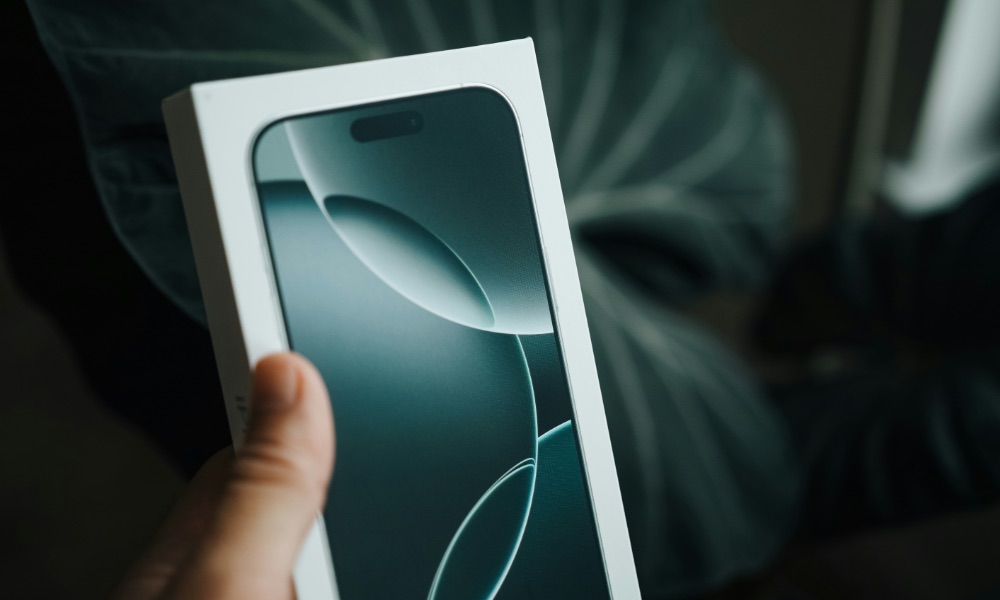The iPhone 16 Will Finally Be Sold in Indonesia as the Government Ban Gets Lifted
 Credit: Semeon Hrozian
Credit: Semeon Hrozian
Toggle Dark Mode
It looks like Apple has convinced the Indonesian government to let it sell the iPhone 16 in that region again. However, Apple’s win hasn’t come cheap.
The Indonesian government banned the sale of the iPhone 16 lineup in October as a result of a policy requiring foreign companies to source and manufacture 40% of their components in the country. While Apple had previously satisfied these requirements by investing in education and training and building developer academies to stimulate the app economy, government officials decided the company needed to do more to pay its fair share.
Apple established its first Indonesian Apple Developer Academy in Jakarta in 2018, followed by academies in Surabaya and Batam. Last April, Apple announced plans for a fourth academy in Bali. Over 2,000 aspiring developers have been trained in Indonesia, with 90% finding employment in education, e-commerce, and transportation and even launching their own app development businesses.
While Apple had committed $10 million to build the new developer academy in Bali and a second one in Jakarta, that wasn’t enough to satisfy Indonesian officials in light of the regulations and the massive profits Apple makes from iPhone sales in the country. Apple would have to dig much deeper if it wanted to sell the iPhone 16, Indonesia’s Industry Minister said.
So, Apple offered to build a new research and development facility in the country, along with a plant to manufacture AirPods Max ear cups — a proposal that amounted to a $100 million investment in the country. When that still wasn’t enough, Apple upped its offer to $1 billion, adding a proposal to build an AirTags manufacturing facility.
However, it turns out that this wasn’t solely about the dollars. Indonesian officials continued to play hardball. Industry Minister Agus Gumiwang Kartasasmita rejected Apple’s proposal because AirTags and AirPods aren’t “a locally made iPhone part.” If Apple wants to sell iPhones in the country, Kartasasmita said, it must make iPhone parts there. Other products don’t count.
In mid-February, Apple submitted another proposal that could see an iPhone assembly plant set up in Batam. This seemed more in line with what Indonesian officials were expecting, and a report last month suggested they were on the cusp of accepting it.
That became official today, as Reuters reports that Jakarta has lifted the sales ban, and it’s done so based on an investment plan of only $300 million. Apple has also confirmed the news in an Indonesian press release announcing that the iPhone 16 lineup will be available in that country on April 11.
Apple’s press release is focused solely on the merits of the iPhone 16 models and says nothing about the company’s arrangements with the Indonesian government. Reuters is scant on details, so it’s unclear if Apple negotiated the investments down to only $300 million or whether that represents the short-term plan — and neither party has revealed any further details.
It’s also unclear if an iPhone assembly plant is still on the table. This was expected to be a long-term investment plan, as it takes time for Apple to shift its supply chain, so it may still be in the works. Similarly, the $1 billion investment was proposed to be made over ten years, so the $300 million may just be the first part of that.







